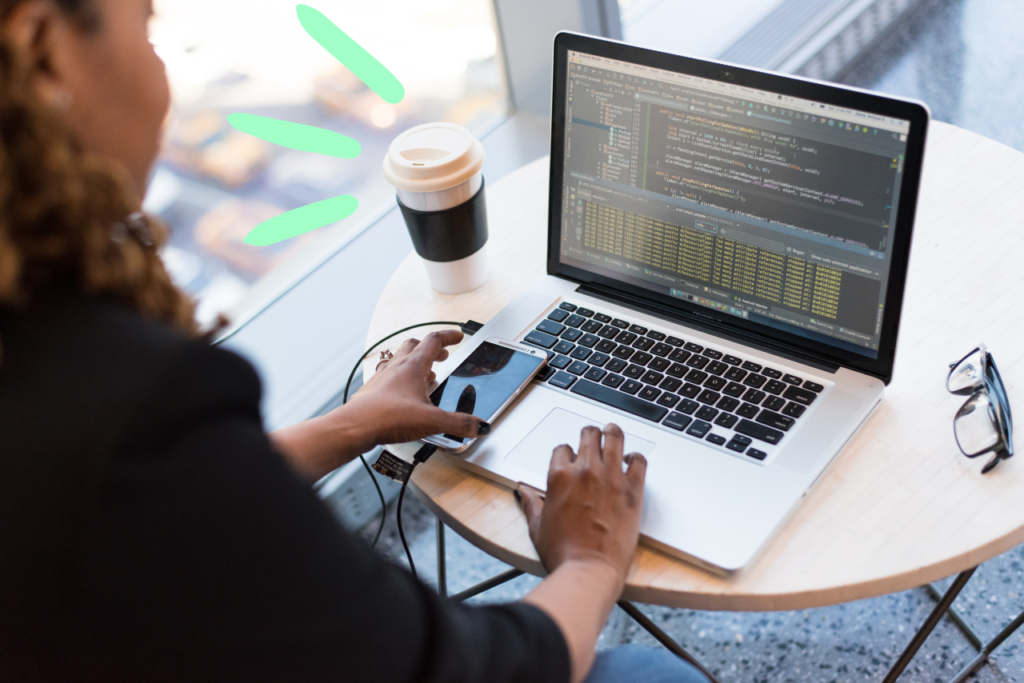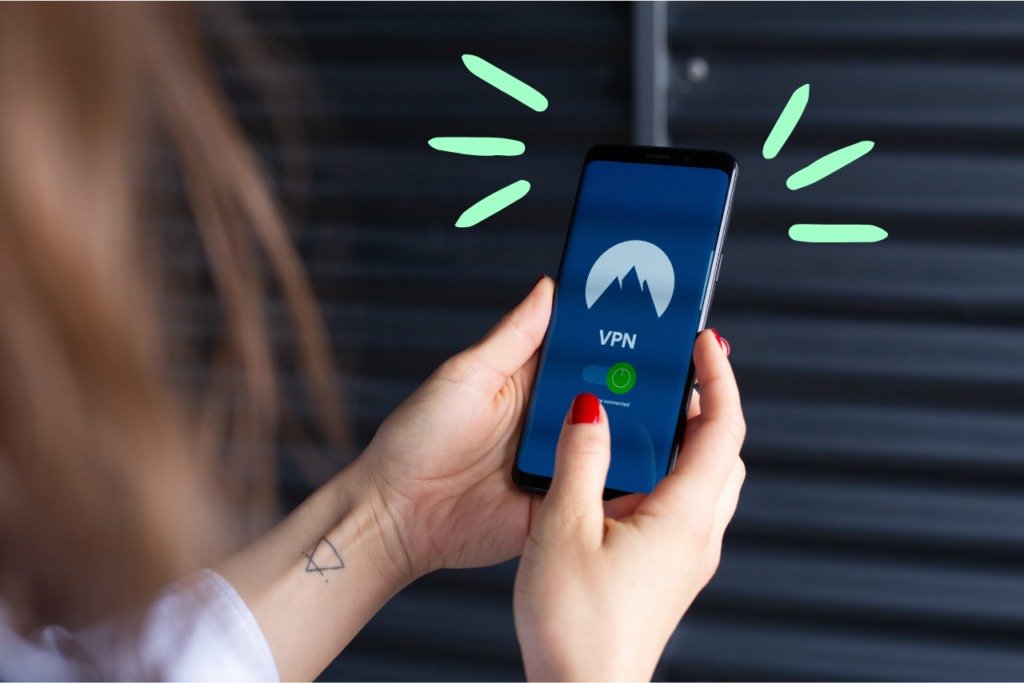When you’re busy travelling around the world, data security is often the last thing on your mind. There are incredible sites to see, exotic dishes to try, and a carefree spirit to cultivate somewhat at odds with being overly troubled by your phone’s current settings.
But in an increasingly chaotic world, if you’re going to stand any chance of keeping your sensitive information out of untrustworthy hands, you do need to know how to lock it down. There’s nothing more likely to ruin the spontaneous soul of your next adventure than having your money stolen and identity cloned, after all.
We’ve written this article with that slightly alarmist warning in mind, and below, we’ll explain how you can keep your data safe while travelling around the world. But before we do, why is it important for you to keep your data safe in the first place?
Firstly, Why Is It Important To Keep Your Data Safe?
Data protection might seem trivial, particularly when you’re on the move with less tangible possessions under your responsibility. But it is worth putting the effort into keeping safe. Why? There could be some devastating consequences if you don’t. You could lose all of your holiday photos, for a start, but even worse, someone could use your information to commit fraud or finesse you of all your holiday spending money.
Sure, this may sound a little far-fetched, but such an occurrence is actually way more likely than you might think. A survey conducted by Statista in 2021 found that one in three Brits have been negatively impacted by a privacy breach, with a significant proportion of those instances happening when the victim had let their guard down. And when do you let your guard down more than any other time? Why, on holiday of course…
When you’re constantly connecting to unfamiliar networks and using public devices, as well as perhaps being more complacent and less sober, then the risk is certainly raised. Prevent it happening with the below tips…

How To Keep Your Data Safe While Travelling The World
Now you know why data protection is so important. But what are some key actions that you can take to keep your data safe?
- Avoid public networks
You’ll often find that public spaces offer free Wi-Fi to anyone passing through. It’s tempting to use these, particularly when you’re lost and in need of Google Maps or looking to kill a few minutes by having a scroll.
After all, who doesn’t love free stuff, even if it is just a little Wi-Fi? But logging on to these public networks is one of the easiest ways to make your information available to potential crooks.
Avoid using public networks as much as possible. If you must use them, don’t log into your personal accounts or look at any sensitive data, and above all else, leave anything transactional, whether that’s checking your bank balance or paying a bill online, to a safer, password protected, non-shared connection.
Read: 6 Ways To Watch Your Wellbeing While Travelling For Work

- Use a VPN
A virtual private network (VPN) is a type of encryption tool, bolstering your privacy while you use the internet. A VPN hides your internet traffic with layers of encryption. Then, they reroute it through a VPN server. Because of this process, it’s much harder for people to track you or access your information.
Similarly, you should always check that the website you’re visiting is HTTPS (an authentication and security protocol widely implemented in browsers and web servers). Simply look for that little padlock icon to the left of the URL on your web browser; this means the website has been secured with a digital certificate.
Read: Who really needs a VPN?

- Encrypt your data
Passwords are effective tools for keeping your devices safe from the average person. Yet they aren’t going to stave off more adept data thieves. That’s where encryption comes into the picture.
Even if somebody does gain access to your device, they still won’t be able to see your encrypted data. They’ll need an additional password to transform it from a random jumble of characters into something that they can actually read, which is often more than enough to deter would-be thieves from endeavouring.
- Disable Bluetooth & Autoconnect
Following on from the above, it’s also important for those on the move to disable Bluetooth and Wi-Fi auto connect. A whole host of much loved loved holiday destinations have places aplenty offering public Wi-Fi which doesn’t require a password, so if you’re not careful your device will constantly be connecting to new spots as you stroll. Again, as caution is the watchword, it’s important to disable Bluetooth too, as it’s also susceptible to spying, remote access and malware.
The Bottom Line
Though keeping your data safe isn’t exactly a priority when you’re on holiday, it’s a precaution that can prevent the whole trip from going south, fast. From surfing the web anonymously to encrypting your data, there are plenty of small steps you can take to ensure your personal information is secure. And with that, we wish you Bon Voyage!





